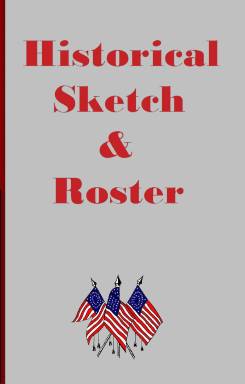For Additional Research

Pennsylvania Civil War Soldiers Index
John C. Rigdon, Editor
487,000 names
4 Vols. - $35.00 ea.
SET HARDBACK - $165.00
SET PAPERBACK - $125.00
CD-ROM - $15.00
EBOOK - $15.00

240 volumes available.
HARDBACK - $10800.00
PAPERBACK - $6000.00
DVD - $3600.00

Pennsylvania Civil War Soldiers Service Records
Rigdon, John C., Editor
CDROM - $35.00
COMBO - $50.00
SAVE $35. when you purchase The Service Records of Pennsylvania Civil War Soldiers Bundle. This bundle includes The Pennsylvania Civil War Soldiers Index - a $15 value and Dyer's Compendium of the War of the Rebellion - a $35 value.

The Official Records of the American Civil War
128 Volumes - PDF Format
This DVD contains the full text - over 100,000 pages including the index volume in Adobe Acrobat (PDF) format.
DVD - $35.00
DOWNLOAD - $20.00
COMBO - $75.00
SAVE $30 when you purchase The Official Records, the Official Naval Records, and the Atlas to the Official Records together.














 History of Pennsylvania volunteers, 1861-5
History of Pennsylvania volunteers, 1861-5